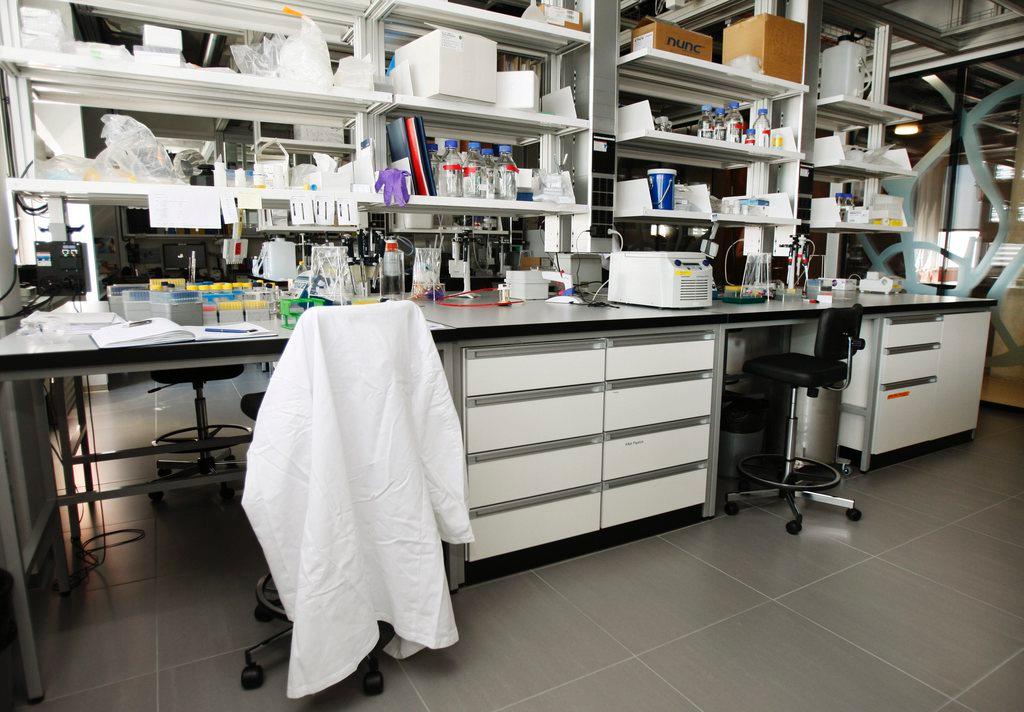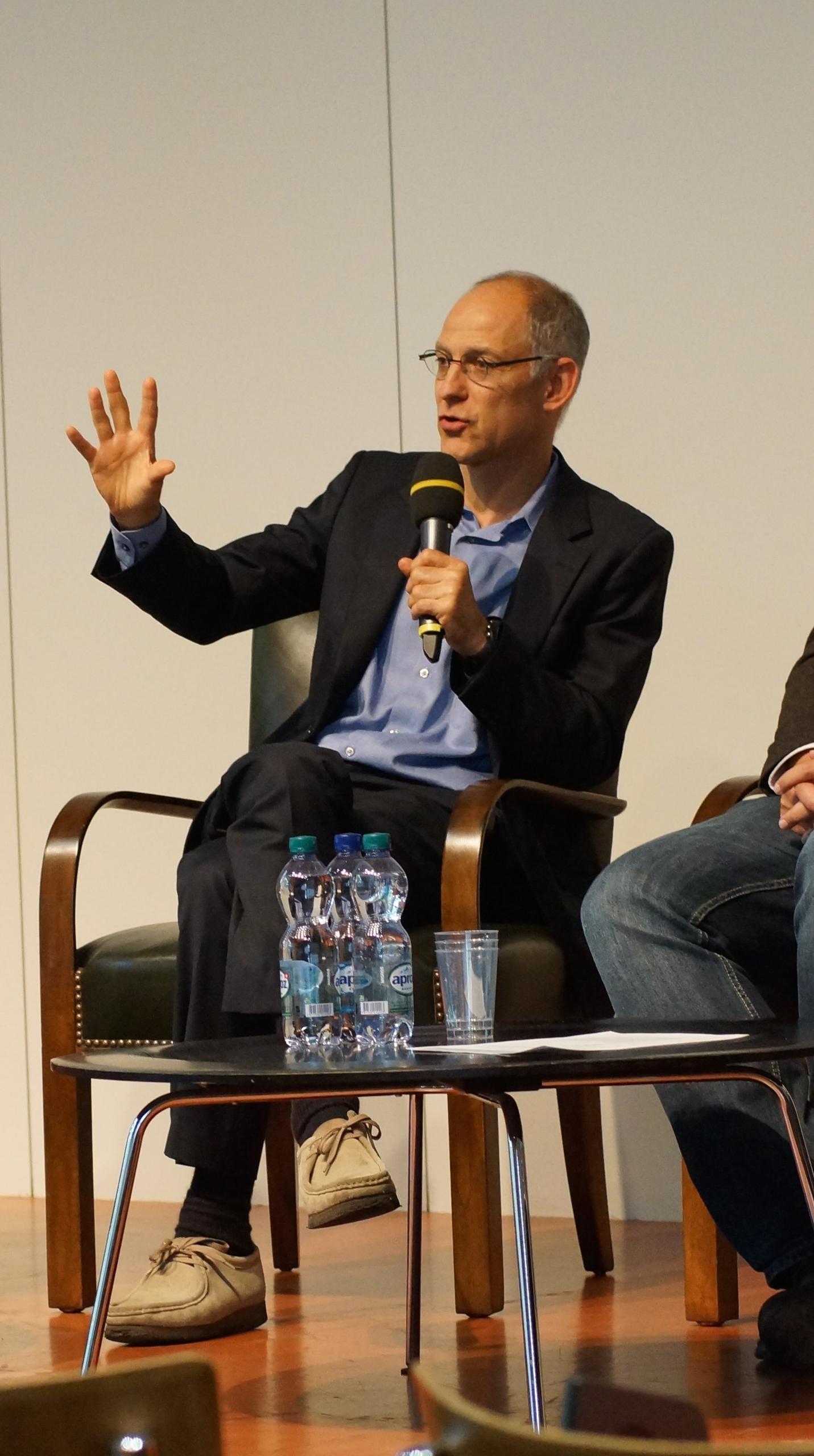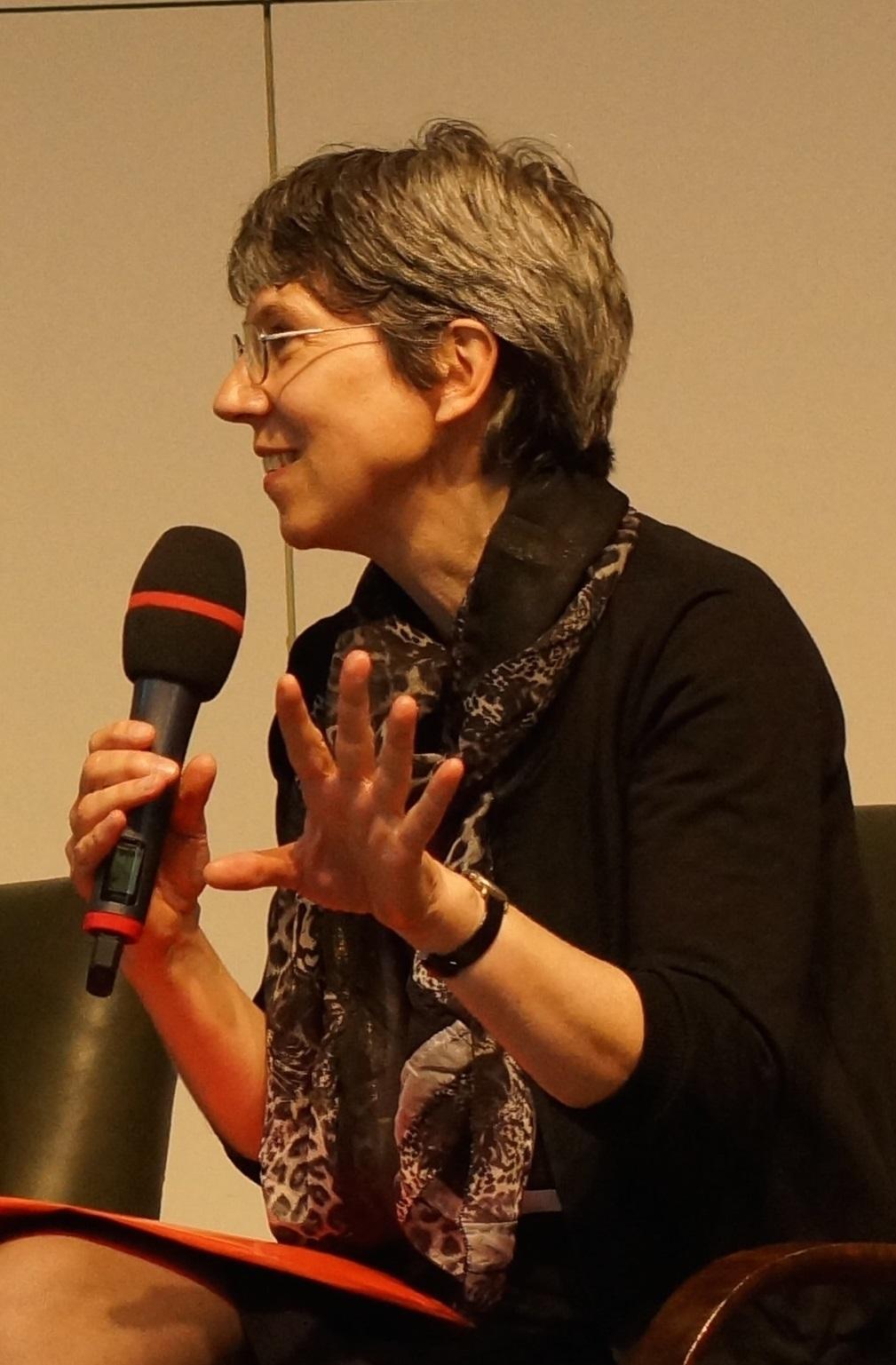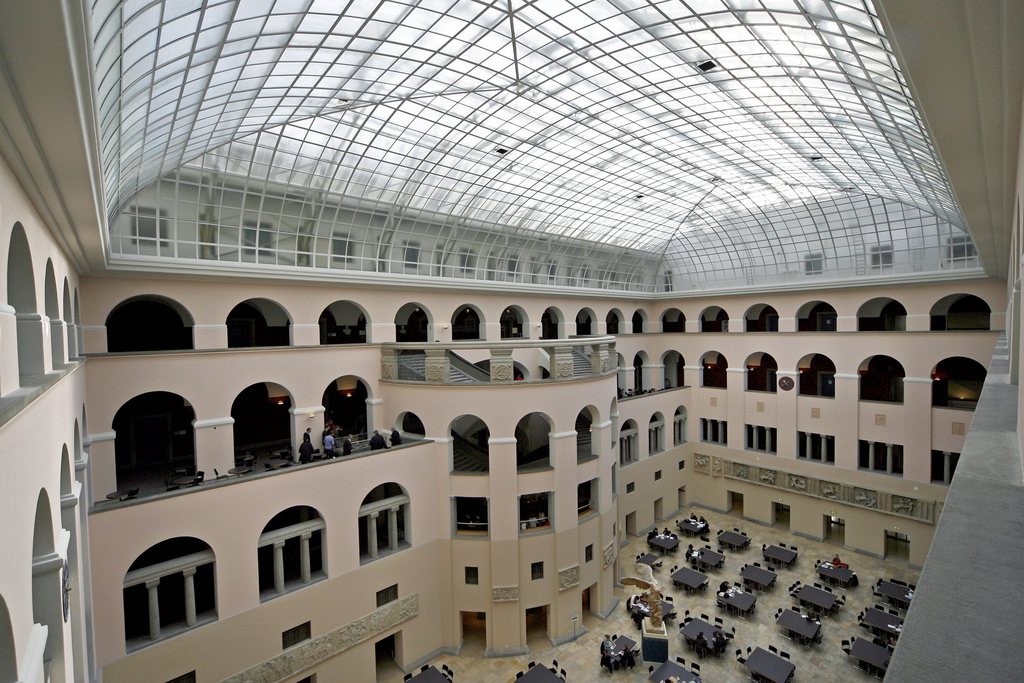Freedom and responsibility in university research

An American and a Swiss specialist in research ethics sit down to discuss academic freedom – and limits. Do they agree on how to address and prevent ethical problems at universities?
Ezekiel Emanuel is drinking tea at a table in a small library in Basel. A former health advisor for the Obama administration, he has spent almost eight weeks as a guest professor at the University of Basel’s Institute for Biomedical Ethics. Back home he heads the Department of Medical Ethics and Health Policy at the University of Pennsylvania.
At the other side of the table is Bernice Elger, head of the Basel Institute for Biomedical Ethics since 2011. In June her institute sponsored a symposium on ‘Ethical Universities’, looking at issues affecting today’s universities, from controversial funding and academic freedom to promotion of ethical behaviour.
Elger sees a need for universities in Switzerland to be more proactive. Her university sponsored the symposium “because we think there should be more open debate about how universities could [foster] the right attitudes. There are always these big cases that get covered by the media and are actually detrimental to the trust that society has in universities to generate truth and knowledge.”
Academic independence
One of those big cases, which made news in 2004, involved a University of Geneva professor whose research had questioned the health risks of passive smoking. The researcher was found to have been on the payroll of the US tobacco company Philip Morris for several decades.
Is funding by industries like tobacco or pharmaceuticals potentially corrupting?
“I don’t know that I would use the word ‘corrupting’,” says Emanuel. “That tends to be an emotionally charged word. But whoever funds you steers, or has the potential to steer, research priorities, and that is a very important question. And the worry is – and I think it’s a legitimate worry – that funding could lead to distortions.”

Another case made waves in 2012, when Switzerland’s largest bank, UBS, signed an agreement promising CHF100 million ($112 million at the time) to fund five university chairs and establish a “UBS International Centre of Economics in Society” at the University of Zurich. In response, 1,500 people signed a petition calling for the protection of academic independence.
The freedom to work without interference from a funder is important at a university, says Emanuel. “…[W]hen you’re doing fundamental research, and the goal is to generate knowledge, is to train people, is to disseminate that knowledge, that’s where academic freedom is essential.”
Evaluating research design
In 2014, more than 600 researchers signed a petition protesting the European Commission’s sponsorship of the Human Brain Project, based at the Swiss Federal Institute of Technology at Lausanne (EPFL). They claimed that the $1.6 billion (CHF1.43 billion at the time) attempt to recreate the functioning of the human brain on supercomputers concentrated too narrowly on brain simulation and would waste vast amounts of money.

Who decides whether research is well designed and worth pursuing?
According to Elger, Switzerland is unique. “Most of the time the research ethics committees – in the US they are called IRB’s, or institutional review boards – are part of the institution or of the university. That’s the case in most countries. In Switzerland it’s different in that we have the law on human subject research, which has been in force since January 1, 2014, and it clearly defines that the research ethics oversight is done by cantonal ethics committees. So they are independent of institutions, independent of universities.”
Elger has served on a research ethics committee for the past 15 years. The members “are independent, and we are not only professors from one institution – we might come from many institutions,” she says. “I think that gives Switzerland a unique position to deal better with those kinds of conflicts of interest.”
But Emanuel questions whether Switzerland’s system of federalism benefits Swiss research. “Some of these issues – many of these issues – are best dealt with at a national level and not a cantonal level,” he argues.
However, the system for reviewing potential research studies is far from ideal in the US, he says. “We have review at each institution. Even when the same [study is being performed] at 75 or 150 different institutions, each one is supposed to review it. I have long declared that a very bad policy.”
The major issues to be considered when reviewing a research study are not specific to the institution, says Emanuel. “They’re general. ‘Is it socially valuable research? Is it scientifically valid? What are the risks and benefits? Are you getting the right subjects? Is the informed consent document clear?’”
Preventing and addressing misconduct
In April 2015, the Swiss federal technology institute ETH Zurich announced it was investigating one of its professors following accusations of publication fraud. The biology professor was accused of having manipulated images that accompanied articles he had co-written and published.
Ultimately, research is conducted by individuals. Whose job is it to make sure that a university’s employees behave ethically?
“I think it’s in the interest of science and of universities and of everyone, to make the ways we should act more transparent,” says Elger. “It’s kind of a thinking process about the right structures and attitudes that universities have to create.”
At the Institute of Biomedical Ethics at the University of Basel all biology students and all students of pharmaceutical sciences, as well as in psychology, have to take a three-credit course in ethics, says Elger. “We talk about conflicts of interest in this ‘publish or perish’ culture. Because there are a lot of pressures and incentives that are not easy to deal with.”
Elger believes that many researchers don’t realise they’re behaving unethically. “I don’t think we can say all scientists have criminal potential, or they’re really wanting to do things wrong,” she says. “We have to create the right environment where people can function correctly and, if they are good and are putting the effort into it, can become really good scientists.”

In compliance with the JTI standards
More: SWI swissinfo.ch certified by the Journalism Trust Initiative




You can find an overview of ongoing debates with our journalists here. Please join us!
If you want to start a conversation about a topic raised in this article or want to report factual errors, email us at english@swissinfo.ch.